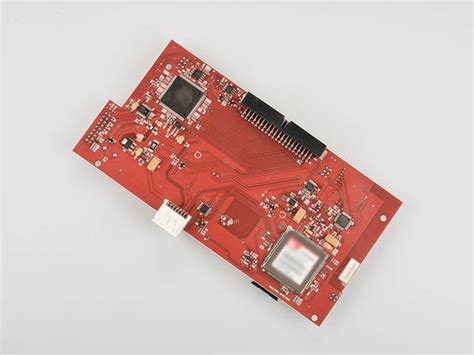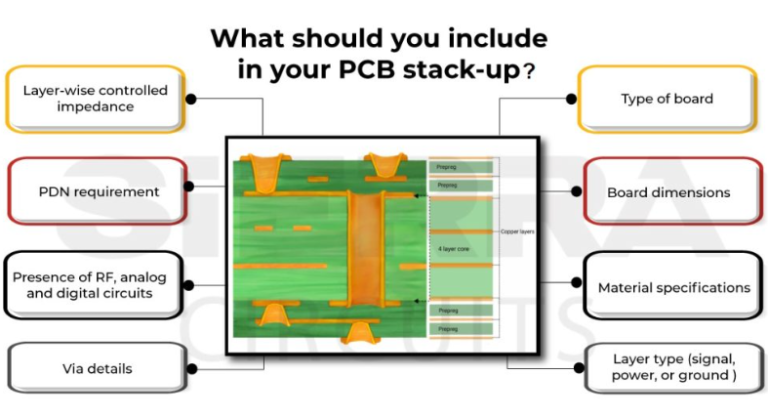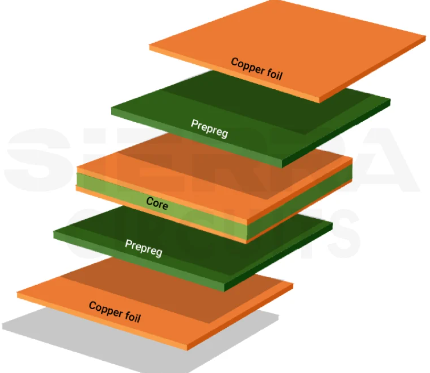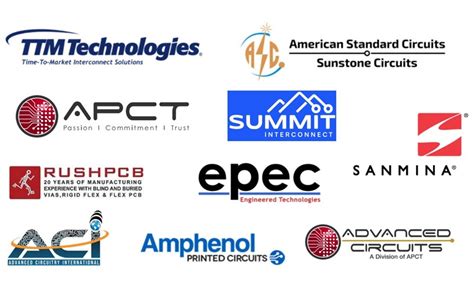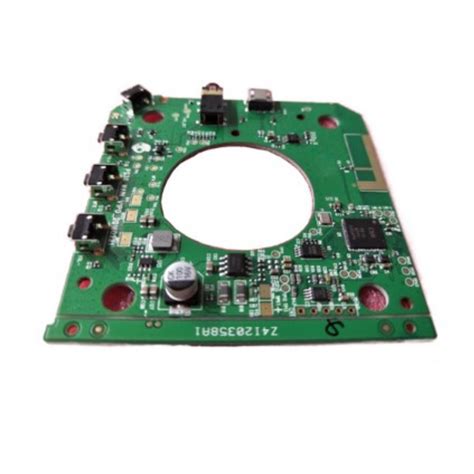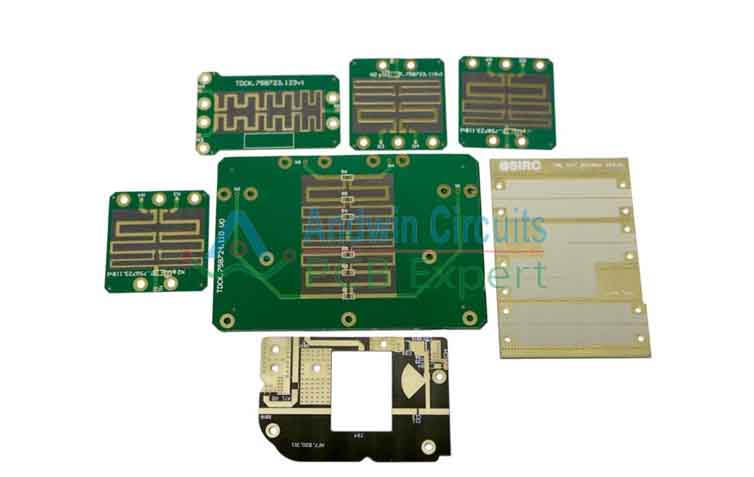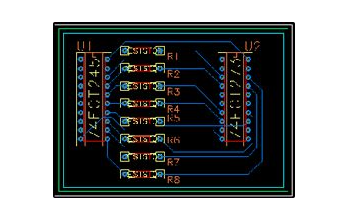Efficient Turnkey PCB Assembly for Scalable Production
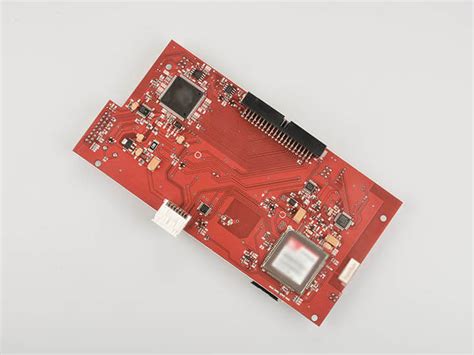
Key Takeaways
Modern PCB assembly processes are designed to bridge the gap between prototyping and high-volume manufacturing, offering scalable solutions that adapt to evolving production demands. By leveraging turnkey PCBA services, businesses can consolidate design, component sourcing, assembly, and testing under a single provider, reducing logistical complexity and time-to-market.
"Scalability in electronics manufacturing hinges on integrating design validation with production-ready processes. A robust PCB assembly strategy ensures consistency across prototypes and mass production batches."
Key advantages of turnkey PCB assembly include:
| Phase | Prototyping Focus | Mass Production Focus |
|---|---|---|
| Component Sourcing | Limited batches, rapid swaps | Bulk procurement, cost optimization |
| Testing | Functional validation | Automated optical inspection (AOI) |
| Lead Time | 5-7 days | 2-4 weeks (depending on volume) |
For startups and enterprises alike, PCBA workflows minimize risks associated with supply chain fragmentation. Cost predictability improves through volume-based pricing models, while stringent quality controls—such as IPC-A-610 compliance—maintain reliability across production scales. Transitioning from prototype to full-scale manufacturing becomes seamless when design files, BOMs, and testing protocols are standardized early in the PCB assembly process.
Tip: Prioritize partners offering real-time production tracking and DFM (Design for Manufacturing) feedback to avoid costly redesigns during scaling.
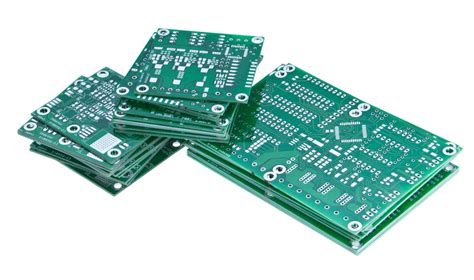
Streamlined Turnkey PCB Assembly Solutions
Modern electronics manufacturing demands precision and efficiency, particularly when transitioning from design to deployment. Turnkey PCB assembly services address these needs by integrating design validation, component procurement, and automated assembly into a unified workflow. This holistic approach eliminates fragmented processes, ensuring faster turnaround times while maintaining rigorous quality standards. By consolidating PCBA stages under a single provider, businesses reduce logistical complexities and mitigate risks associated with multi-vendor coordination.
Advanced PCB assembly solutions leverage scalable manufacturing frameworks, enabling seamless adaptation from low-volume prototyping to high-volume production. Automated optical inspection (AOI) and in-circuit testing (ICT) are embedded within these workflows to detect defects early, minimizing rework costs. Additionally, real-time supply chain management optimizes material availability, preventing delays caused by component shortages.
The integration of turnkey processes also enhances cost predictability, as transparent pricing models account for every phase—from board fabrication to final testing. This transparency empowers companies to allocate resources strategically, balancing speed and budget without compromising on functional reliability. For industries requiring rapid market entry, such streamlined systems ensure consistent output quality across production scales, positioning PCBA as a cornerstone of modern electronics manufacturing agility.
Accelerating Prototyping to Mass Production
Transitioning from PCB assembly prototyping to full-scale manufacturing demands precision and adaptability. Modern turnkey solutions bridge this gap by integrating design validation, component sourcing, and PCBA testing into a unified workflow. By streamlining these stages, manufacturers reduce lead times by up to 40%, enabling rapid iteration cycles while maintaining compliance with industry standards like IPC-A-610.
A critical advantage lies in scalable infrastructure, where automated PCB assembly lines adjust seamlessly to volume fluctuations. For instance, surface-mount technology (SMT) processes optimize placement accuracy for both low-volume batches and high-output runs. Concurrently, supply chain orchestration mitigates material shortages—a common bottleneck—by leveraging vendor partnerships and real-time inventory tracking.
Advanced PCBA providers employ design-for-manufacturability (DFM) analysis during prototyping, identifying potential flaws before mass production. This proactive approach minimizes rework costs and ensures consistent yield rates exceeding 98% in volume runs. Additionally, inline inspection systems, such as automated optical inspection (AOI) and X-ray testing, uphold quality thresholds across thousands of units.
Such methodologies not only accelerate time-to-market but also align with cost-sensitive scaling strategies, making end-to-end electronics manufacturing a cornerstone for industries ranging from IoT devices to automotive systems.
Cost-Effective PCB Solutions for Scalability
Achieving scalability in electronics manufacturing demands solutions that balance cost-efficiency with adaptability. Modern PCB assembly services, particularly turnkey models, streamline this balance by integrating design, procurement, and production into a unified workflow. By leveraging economies of scale, PCBA providers reduce per-unit costs through optimized material sourcing, automated assembly processes, and volume pricing for components. This approach ensures that transitioning from low-volume prototyping to high-volume manufacturing remains financially viable without compromising quality.
Critical to scalability is the ability to adjust production capacity dynamically. Advanced PCB assembly partners employ flexible manufacturing strategies, such as just-in-time inventory management and modular production lines, to align with fluctuating demand. For instance, design optimizations can minimize material waste and simplify assembly steps, further lowering costs. Additionally, turnkey services eliminate hidden expenses by consolidating logistics, testing, and compliance checks under a single provider.
By prioritizing cost-effective PCB solutions, businesses can scale operations efficiently while maintaining competitive margins. This strategic alignment between affordability and scalability ensures that even complex projects meet market timelines and budget constraints seamlessly.
Ensuring Quality in High-Volume PCB Assembly
Maintaining consistent quality in high-volume PCB assembly demands rigorous process controls and advanced inspection methodologies. Automated optical inspection (AOI) systems and X-ray testing are critical for detecting defects in PCBA components, such as solder joint imperfections or misaligned parts. Statistical process control (SPC) tools monitor production parameters in real time, ensuring deviations are corrected before they escalate. Adherence to IPC-A-610 standards guarantees that every assembled board meets globally recognized reliability benchmarks.
For mission-critical applications, functional testing and environmental stress screening (ESS) simulate real-world operating conditions to validate performance. Scalable PCB assembly workflows incorporate traceability systems to track materials and processes across production batches, enabling rapid root cause analysis if anomalies occur. Partnering with certified PCBA manufacturers ensures access to quality management systems (QMS) aligned with ISO 9001 and IATF 16949, which enforce stringent documentation and continuous improvement practices. By combining automated precision with human expertise, high-volume production achieves defect rates below 0.1% while maintaining scalability for evolving market demands.
End-to-End Electronics Manufacturing Services
Modern electronics manufacturing demands integrated solutions that bridge design, prototyping, and full-scale production. PCB assembly services, particularly PCBA (Printed Circuit Board Assembly), form the backbone of end-to-end workflows, enabling businesses to transition seamlessly from concept to market-ready products. By consolidating design validation, component sourcing, PCB assembly, and rigorous testing under a single provider, companies eliminate logistical bottlenecks while maintaining strict quality control.
Advanced turnkey solutions incorporate automated processes for solder paste application, pick-and-place machinery, and optical inspections, ensuring precision across high-volume batches. This holistic approach not only accelerates time-to-market but also optimizes cost structures through bulk material procurement and reduced overhead. For scalable operations, suppliers offering PCBA services often provide design-for-manufacturability (DFM) feedback, minimizing redesign cycles and enhancing yield rates.
Moreover, supply chain integration within PCB assembly ecosystems mitigates risks associated with component shortages or geopolitical disruptions. Real-time production tracking and compliance with international standards (e.g., IPC-A-610) further solidify reliability. By entrusting full-cycle manufacturing to specialized partners, businesses can focus on innovation while leveraging economies of scale—critical for maintaining competitiveness in fast-paced industries.
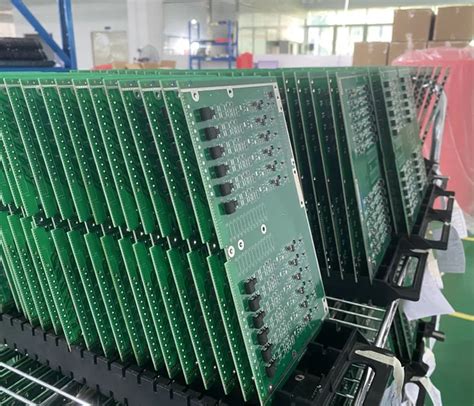
Optimizing Production with Turnkey PCB Services
Modern electronics manufacturing demands precision and agility, making PCB assembly integration critical for optimizing production workflows. Turnkey solutions unify design, component procurement, PCBA (printed circuit board assembly), and testing under a single provider, eliminating logistical bottlenecks that delay time-to-market. By leveraging automated PCB assembly processes, manufacturers achieve consistent quality across high-volume batches while reducing manual intervention risks. Advanced design-for-manufacturability (DFM) tools further streamline production, identifying potential flaws in early stages to minimize rework.
A key advantage lies in supply chain optimization. Turnkey PCBA providers maintain vetted supplier networks, ensuring timely access to components even amid global shortages. This proactive approach prevents costly pauses, aligning with scalable production targets. Additionally, real-time monitoring systems track every phase—from solder paste application to final inspection—ensuring compliance with industry standards like IPC-A-610.
For businesses scaling operations, turnkey services offer flexible capacity adjustments without capital investments in equipment or training. Whether transitioning from prototyping to mass production or managing seasonal demand spikes, integrated PCB assembly workflows adapt seamlessly. This scalability not only reduces overhead but also accelerates market entry, positioning companies to capitalize on emerging opportunities efficiently.
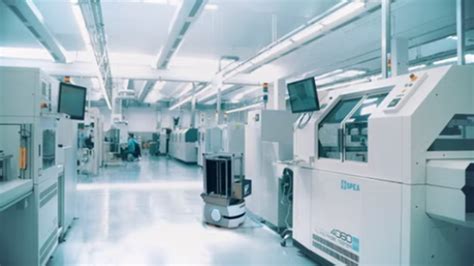
Scalable PCB Assembly for Rapid Market Entry
Achieving rapid market entry in electronics manufacturing hinges on deploying PCB assembly processes that adapt to fluctuating demand without compromising speed or reliability. Scalable PCBA solutions bridge the gap between prototype validation and high-volume production, enabling businesses to respond dynamically to market opportunities. By integrating automated assembly lines with agile supply chain management, manufacturers can scale output by 200-300% within shorter lead times, minimizing bottlenecks during product launches.
A critical advantage of scalable turnkey PCB assembly lies in its ability to synchronize design-for-manufacturing (DFM) feedback with procurement and testing workflows. This alignment reduces rework risks and accelerates time-to-market by 30-40%, particularly when partnering with experienced providers offering end-to-end oversight. Advanced PCBA platforms further enhance scalability through modular tooling configurations and real-time yield analytics, ensuring consistent quality even during rapid production ramps.
For industries like IoT and automotive electronics, where lifecycle timelines compress annually, scalable PCB assembly services provide the flexibility to pivot between low-mix/high-volume and high-mix/low-volume scenarios. Robust testing protocols, including in-circuit (ICT) and functional (FCT) checks, maintain defect rates below 50 ppm across scaled batches—a vital metric for sustaining brand credibility during aggressive market expansions.
Seamless Prototyping to Production Workflows
Modern electronics manufacturing demands PCB assembly processes that bridge prototyping and mass production without compromising speed or precision. By integrating design validation, component sourcing, and automated assembly into a unified workflow, PCBA providers eliminate bottlenecks that traditionally delay market entry. Advanced manufacturers leverage digital twin simulations to optimize board layouts early in the prototyping phase, ensuring design flaws are resolved before scaling.
Transitioning from low-volume batches to full-scale production requires synchronized coordination between engineering teams and supply chain partners. For instance, Rocket PCB employs real-time inventory tracking and automated pick-and-place systems to maintain consistency across production tiers. This approach minimizes rework risks while adapting to fluctuating order volumes—critical for industries like IoT or automotive electronics, where demand patterns shift rapidly.
A robust turnkey PCB assembly framework also incorporates closed-loop quality assurance, embedding testing protocols at every stage. From functional verification in prototypes to in-line AOI (Automated Optical Inspection) during mass production, these checks ensure reliability without extending lead times. By aligning prototyping agility with scalable manufacturing infrastructure, businesses achieve faster iterations and reduced time-to-market—key advantages in today’s competitive hardware landscape.
Conclusion
In an era where speed and precision define competitive advantage, PCB assembly services have evolved into strategic enablers for electronics manufacturers. By adopting turnkey PCBA solutions, businesses can bridge the gap between prototyping and full-scale production while maintaining rigorous quality standards. These integrated services eliminate fragmented workflows, allowing teams to focus on innovation rather than logistical complexities.
A reliable partner like BSTPCB ensures that cost-efficiency and scalability remain central to the manufacturing process, whether producing low-volume prototypes or high-volume batches. Advanced PCB assembly techniques, combined with automated testing and supply chain optimization, reduce time-to-market risks and align production outputs with dynamic market demands.
Ultimately, the success of modern electronics projects hinges on selecting a PCBA provider capable of balancing technical expertise with operational agility. By prioritizing end-to-end coordination and transparent communication, manufacturers can achieve consistent results across all production phases, securing a sustainable path for growth in an increasingly competitive landscape.
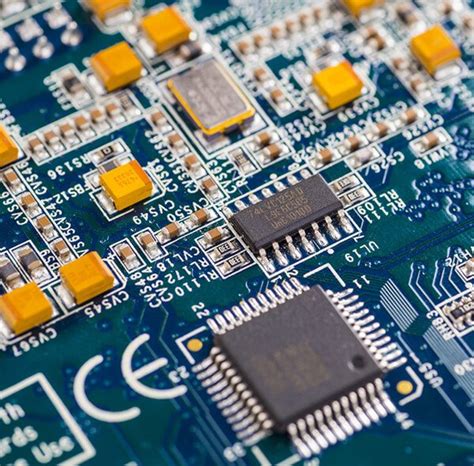
FAQs
What defines a turnkey approach in PCB assembly?
A turnkey PCB assembly service integrates design, component sourcing, PCBA manufacturing, and testing into a single workflow. This eliminates supply chain fragmentation, ensuring faster project execution and reduced administrative overhead.
How does scalable production benefit from turnkey solutions?
By leveraging PCB assembly partners with end-to-end capabilities, businesses can seamlessly transition from prototyping to mass production. Advanced PCBA processes maintain consistency across batches, while economies of scale optimize per-unit costs.
What quality controls are critical for high-volume PCB assembly?
Automated optical inspection (AOI), functional testing, and compliance with IPC-A-610 standards ensure reliability. Reputable providers implement traceability systems to monitor every PCB assembly stage, minimizing defects in large orders.
Can turnkey services reduce time-to-market for new products?
Yes. Integrated PCBA workflows compress timelines by 30-50% compared to fragmented sourcing. Rapid prototyping, coupled with pre-validated component inventories, accelerates iterative testing and final production readiness.
How do cost structures differ between prototype and mass production phases?
Prototyping emphasizes flexibility, with higher per-unit costs. Scalable PCB assembly shifts focus to volume-driven pricing, tooling optimization, and logistics efficiency—key factors in achieving long-term cost competitiveness.
Explore Customized PCB Solutions
For tailored turnkey PCB assembly strategies that align with your production goals, please click here to consult with our engineering team.

